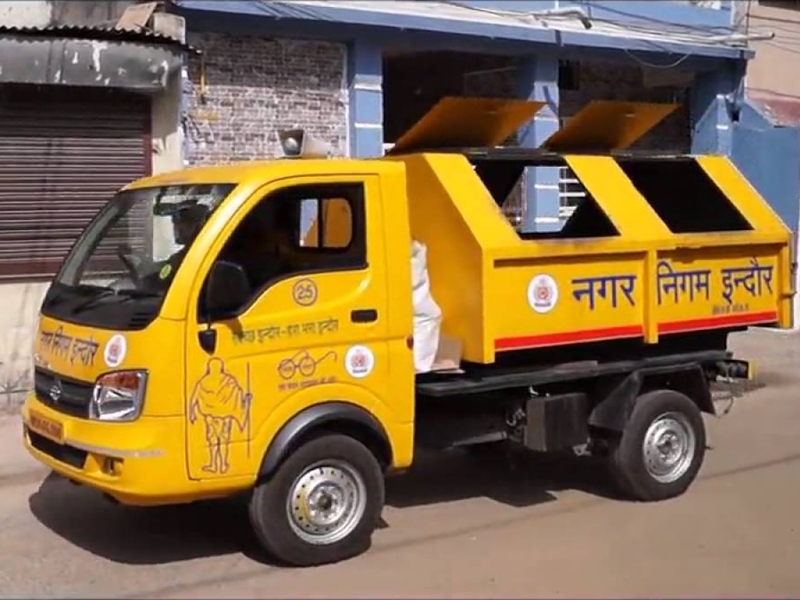In a commendable display of cooperation and knowledge sharing, the city of Indore has stepped forward to teach the Ludhiana Municipal Corporation (MC) effective methods of managing wet waste. With Indore being widely recognized for its successful waste management practices, Ludhiana hopes to benefit from their expertise and improve their own waste management systems.
The initiative was announced during a press conference held at the Ludhiana MC headquarters. The Mayor of Ludhiana, Mr. Rajesh Kumar, expressed his gratitude to Indore for their willingness to share their experiences and assist in tackling the issue of wet waste.
“We are delighted to have Indore’s support in managing our city’s wet waste,” Mayor Kumar stated. “Their knowledge and expertise in waste management will undoubtedly be invaluable to us as we work towards creating a cleaner and more sustainable environment for our citizens.”
Indore’s Successful Waste Management Model
Indore’s waste management model has gained widespread acclaim for its efficiency and effectiveness. The city has implemented a comprehensive system that emphasizes proper segregation of waste, decentralized composting, and citizen participation.
Under this model, households are provided with separate bins for different types of waste, including wet waste, dry waste, and recyclables. The segregated waste is then collected and processed through decentralized composting units, which transform the wet waste into compost. This approach has significantly reduced the amount of waste reaching landfills and has contributed to the city’s overall cleanliness.
Ludhiana’s Challenges and the Need for Assistance
Ludhiana, like many other cities in India, faces significant challenges in managing its waste, particularly the handling of wet waste. The lack of effective systems and infrastructure has resulted in the accumulation of organic waste in landfills, leading to environmental pollution and health hazards.
Recognizing the urgency to address this issue, Ludhiana has sought assistance from Indore to learn from their successful waste management practices. By implementing similar strategies, Ludhiana aims to improve waste segregation, promote composting, and reduce the burden on landfills.
Knowledge Exchange Program and Collaborative Efforts
As part of the collaboration, Indore has proposed a knowledge exchange program wherein waste management experts from Indore will visit Ludhiana to conduct training sessions and workshops. The objective is to educate Ludhiana’s MC staff and citizens about the importance of proper waste segregation, composting techniques, and the benefits of a decentralized waste management system.
Additionally, both cities plan to establish a long-term partnership to facilitate continuous communication and support in waste management endeavors. This collaborative effort will enable Ludhiana to tap into Indore’s experience and seek guidance whenever required.
Anticipated Impact and Future Prospects
The partnership between Indore and Ludhiana holds significant promise for the improvement of waste management practices in Ludhiana. By adopting Indore’s successful model, Ludhiana aims to reduce the environmental impact of waste, enhance cleanliness, and create a more sustainable city for its residents.
Furthermore, the collaboration sets a positive precedent for cities across India to learn from one another’s experiences and work together towards achieving efficient waste management systems. This exchange of knowledge and expertise can pave the way for a cleaner and greener India.
In conclusion, Indore’s generous offer to assist Ludhiana in managing its wet waste is a commendable example of cooperation and knowledge sharing. With Indore’s expertise, Ludhiana is poised to make significant strides in waste management, leading to a cleaner and healthier environment for its residents.
